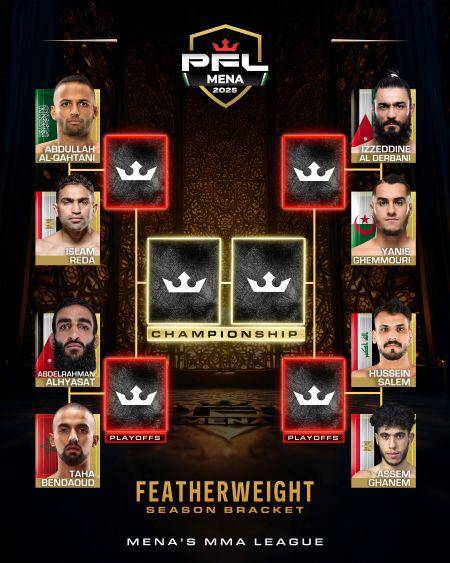GINGAL: Mohammad Younis Khan was among 40 residents seeking shelter in a cowshed when shelling began in Gingal, a scenic mountain village in north Kashmir on the Indian-administered side of the de facto border with Pakistan. Men, women and children sought refuge in the 3-meter-by-4.2 meter (10-feet-by-14 feet) space, which they felt offered greater safety than their brick and cement homes.
Huddled together, they heard the swoosh and thunder of the projectiles being fired from both sides of the border. When they heard a very loud sound from just outside the shelter, they held their breath and expected the worst. But the projectile had landed on soft earth and detonated a couple of feet below the ground sparing them.
Younis, who could tell the outgoing projectiles from the incoming ones by the sound they made, described the impact outside “as if a lightning bolt had struck the ground.” They all feared that India and Pakistan were at war and they would not survive the night.
“We were so scared that we didn’t dare go out to a water tap just four feet away from the door even when the children were crying of thirst,” Younis told The Associated Press.
Mohammad Shafi and four family members were having dinner in their kitchen when they heard explosions and ran outside. They had just managed to reach the road when they saw a blast damage the kitchen they had been dining in. They ran down a slope and hid among trees.
It was the night of May 8, and the shelling had intensified from the previous evening. Nasreena Begum rushed out, leaving her special-needs son behind as he was too heavy to be carried. She was tormented but was relieved to find him safe at home the following morning.
Most residents left Gingal for the town of Baramulla about 40 kilometers (25 miles) south, where some saw their homes destroyed on TV or social media.
Naseer Ahmad, a Jammu & Kashmir police officer posted in south Kashmir, learned via Facebook that shelling damaged his Paranpillan home, instantly recognizable by the surprisingly intact large walnut tree beside it.
Following the May 10 ceasefire, residents of Gingal returned to assess the damage, finding their homes riddled with shrapnel. Those with intact or livable houses sheltered neighbors who had lost theirs.
About 160 kilometers (100 miles) south, the usually bustling tourist spot of Pahalgam is now quiet, its residents facing a different challenge. It was here when, on April 22, militants killed 26 tourists in the worst assault in years targeting civilians in the restive region.
Pahalgam, usually lively with May holidaymakers, is now deserted. Businesses are shuttered and tourist attractions within a 30-kilometer (18-mile) radius of the assault site are closed to locals and visitors alike.
Back in Gingal, Younis prays for peace.
“Where will we go if the clashes continue? Drones can reach anywhere,” he said. “Those who want war have never experienced it.”




























